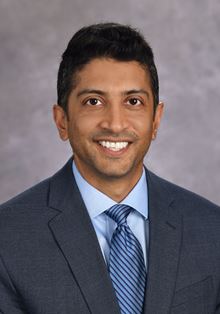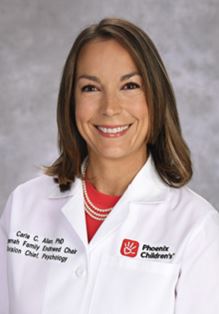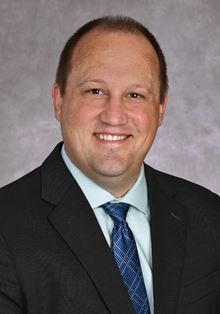621-630 of 3440 Results Found
Programs & Services
Our Survivor Programs encompass clinical care (Survivor Clinic), research and social support. We provide expertise in the long-term effects of cancer therapy, including fertility preservation, with a health and wellness focus. We currently offer three programs: Children’s
Programs & Services
Our Craniosynostosis Program at Barrow Neurological Institute at Phoenix Children’s is run in conjunction with our Center for Cleft and Craniofacial Care, a comprehensive program focused on providing multidisciplinary care in the evaluation, management, and treatment for infants

Condition
Communication Disorders in Children What are communication disorders in children? A child with a communication disorder has trouble communicating with others. They may not understand or make the sounds of speech. The child may also struggle with word choice, word order, or
Conditions We Treat
Phoenix Children’s Pediatric and Adolescent Gynecological team has many years of experience combined with specialized training to support patients and families. The team treats a number gynecological conditions in children and young adults, from birth to age 25, which include
Service
If your child has hearing loss, the experts at Phoenix Children’s will work with you to find the best treatment for their unique needs and goals. One option for children born with little to no hearing, or for those whose hearing aids are no longer effective, is a cochlear implant
Doctor
Carla C. Allan, PhD
Division Chief, Psychology; Hagenah Family Endowed Chair in Psychology
Specialties


Condition
Hydrocephalus What is hydrocephalus in children? A baby with hydrocephalus has extra fluid in and around the brain. This fluid is called cerebrospinal fluid (CSF). Most CSF is normally found in fluid-filled areas (ventricles) inside the brain. Its purpose is to cushion and
Condition
Schizophrenia in Children What is schizophrenia in children? Schizophrenia is a serious mental illness. It's a long-lasting and disabling problem of the brain. It can be treated, but right now there is no cure. A child with this disorder has unusual behavior and strange feelings
